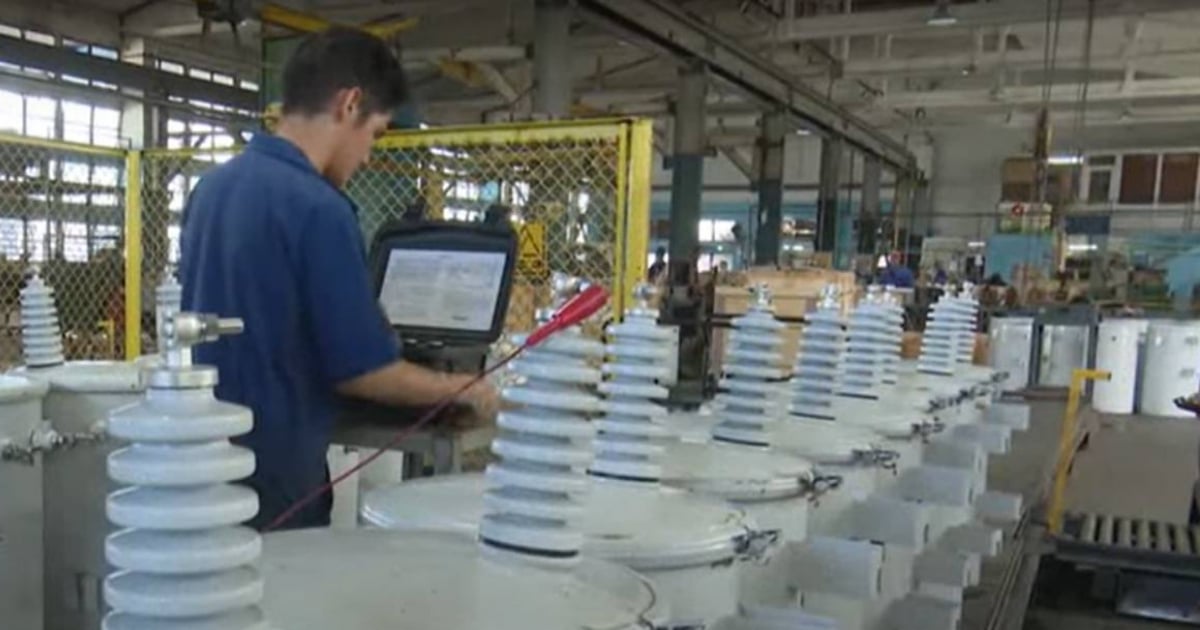
The province of Ciego de Ávila faces an increasingly complex energy landscape, exacerbated by the lack of transformers and the loss of more than 13,700 liters of dielectric oil in reported criminal incidents in several municipalities.
The theft of dielectric oil, used in transformers for the insulation and cooling of components, has generated serious repercussions on the province's ability to cope with the increase in blackouts, already affected by the fuel deficit in the country and the ongoing breakdowns in thermoelectric plants.
The general director of the Electric Company of Ciego de Ávila, Daniel Pérez García, reported at a press conference that by September, 32 oil thefts had been reported in six municipalities.
This type of crime not only affects the electrical infrastructure, but also increases the risks of accidents and enhances other illegal activities.
The stolen dielectric oil has various applications beyond its usual use in transformers, including recycling it to be used as fuel in industrial furnaces, lubricant in machinery, or hydraulic fluid, which explains the interest of criminals in stealing it.
This issue is compounded by the chronic shortage of transformers in the province, which has forced the Electric Company to resort to drastic solutions such as replacing damaged transformers serving the population with those from state entities, affecting the production and economy of the institutions.
The deficit of public lighting is another ongoing concern in Ciego de Ávila. Complaints about the lack of illumination are constant, and the government claims that there is no immediate solution.
The Electric Company says it is seeking sustainable options, such as the installation of photovoltaic solar parks. They are promoting a project in the locality of Grego, which is expected to contribute 21.8 megawatts to the provincial electrical system, but the installation depends on foreign collaboration.
The situation in Ciego de Ávila is concerning, and although long-term solutions may take time to arrive, the impact on the daily lives of the people from Avila is already evident.
What do you think?
COMMENTFiled under: